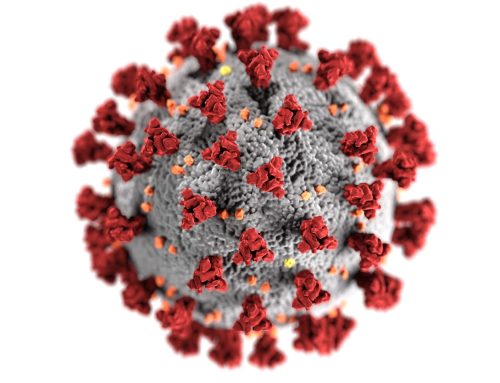During this time of year, and especially in North Carolina, allergies are at their height for some of us. If you are affected by pollen, and 26 million Americans are, your body mistakes harmless pollen as an intruder and produces chemicals in your body to fight it off. This results in the sniffles, itchy throat and eyes, sneezing, cough, and congestion that you might experience during North Carolina spring and summer.
Most of the time, these allergies are transient and temporary and won’t be detrimental to your health. However, untreated persistent allergies can progress creating a more significant inflammatory response in the upper and lower airway and may trigger asthma and/or eczema symptoms in some individuals. Here’s how you can determine the difference between allergies and a severe allergic reaction and when it’s time to talk to a medical professional.
Seasonal and Environmental Allergies
Common seasonal and environmental allergens in NC include tree pollen, grass pollen, weeds, and mold. While many allergens wreak havoc primarily during the spring, summer, and fall, some environmental allergens such as dust mites and pet dander cause symptoms all year long. These are known as perennial allergies. Both types of allergies cause similar symptoms which include (but are not limited to) feeling sluggish, sneezing, itchy or runny nose, red, itchy, and watery eyes, itchy roof of mouth or throat, cough, nasal congestion, and blocked sinuses. If you are experiencing one or more of these symptoms, our recommendation is to take an over-the-counter antihistamine to control the symptoms. Taking extra measures to avoid pollen/environmental allergens can be extremely helpful as well. Consider leaving the windows closed in your car and home, wearing sunglasses outdoors to protect your eyes from airborne allergens, and changing air filters inside of your home. Keep in mind that seasonal and environmental allergies can also trigger asthma and eczema flare-ups for those patients who experience these associated conditions. If these measures do not help, or if allergies are exacerbating your asthma or eczema, talk with your primary care provider about scheduling an appointment with an allergy specialist.
Severe Allergic Reactions
Allergic reactions in their most severe form are known as anaphylaxis. The onset is typically sudden and severe and involves multiple organ systems. If untreated, anaphylaxis can lead to serious complications and even death. The most common allergens that can trigger this type of life-threatening reaction include (but are not limited to) the following:
- Food allergens (peanuts, tree nuts, milk, fish, shellfish)
- Insect bites and stings (bees, wasps, ants)
- Medication allergies
It is important to recognize the signs and symptoms of an anaphylactic reaction and seek emergency care immediately. These include:
- Rash, itching, hives
- Swelling (lips, tongue, face, hands, feet)
- Difficulty Breathing (cough, wheezing, shortness of breath, difficulty swallowing)
- Stomach Upset (cramps, vomiting, diarrhea)
- Feeling dizzy, light-headed, or confused
- Anxiety as if something terrible is going to happen
- Loss of consciousness
If you have experienced anaphylaxis, you likely already carry an epinephrine autoinjector (i.e. EpiPen). This emergency epinephrine shot treats serious allergic reactions and is used to improve breathing, stimulate the heart, raise dropping blood pressure, reverse hives, and reduce swelling of the face, lips, and throat. If any of these symptoms occur, use the epinephrine autoinjector immediately and call 911. Sometimes a second dose is needed which is why many epinephrine autoinjectors come in packs of two. A second dose may be given after 5 minutes if there has been no improvement. Always call 911 after epinephrine is administered.
As you can see, having an allergic response to environmental allergens and being severely allergic to something are two different things. Not every allergic reaction is severe enough to seek immediate medical attention. Symptoms like mild rashes and itchiness don’t necessarily warrant a visit to the emergency room, but you should speak to your doctor or allergist to find the culprit of your reaction. Identifying triggers is a key step in appropriate management. From there, treatment options can be discussed which will help you feel better and improve the quality of your life.
Have any questions about allergies or allergic reactions? Contact our offices.







